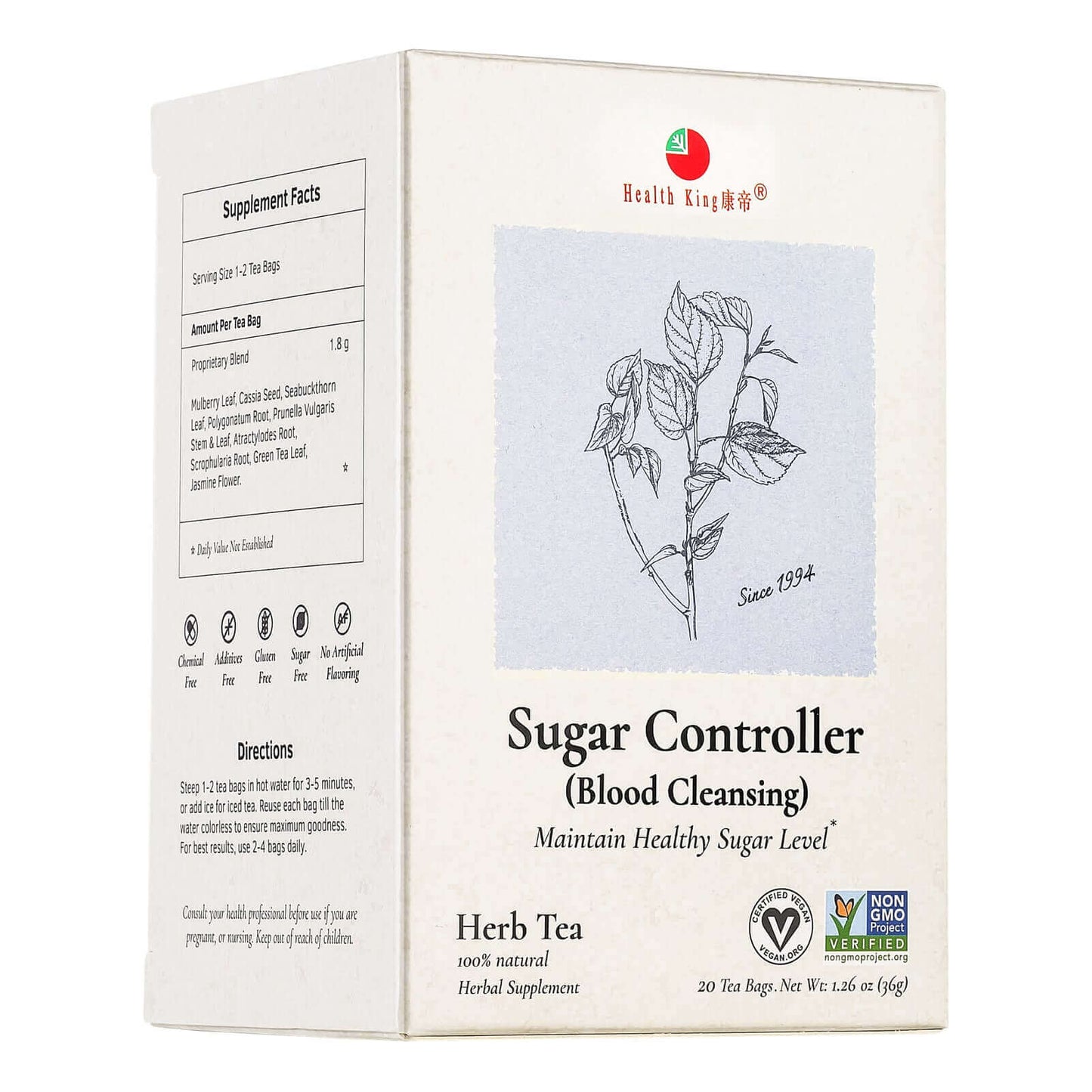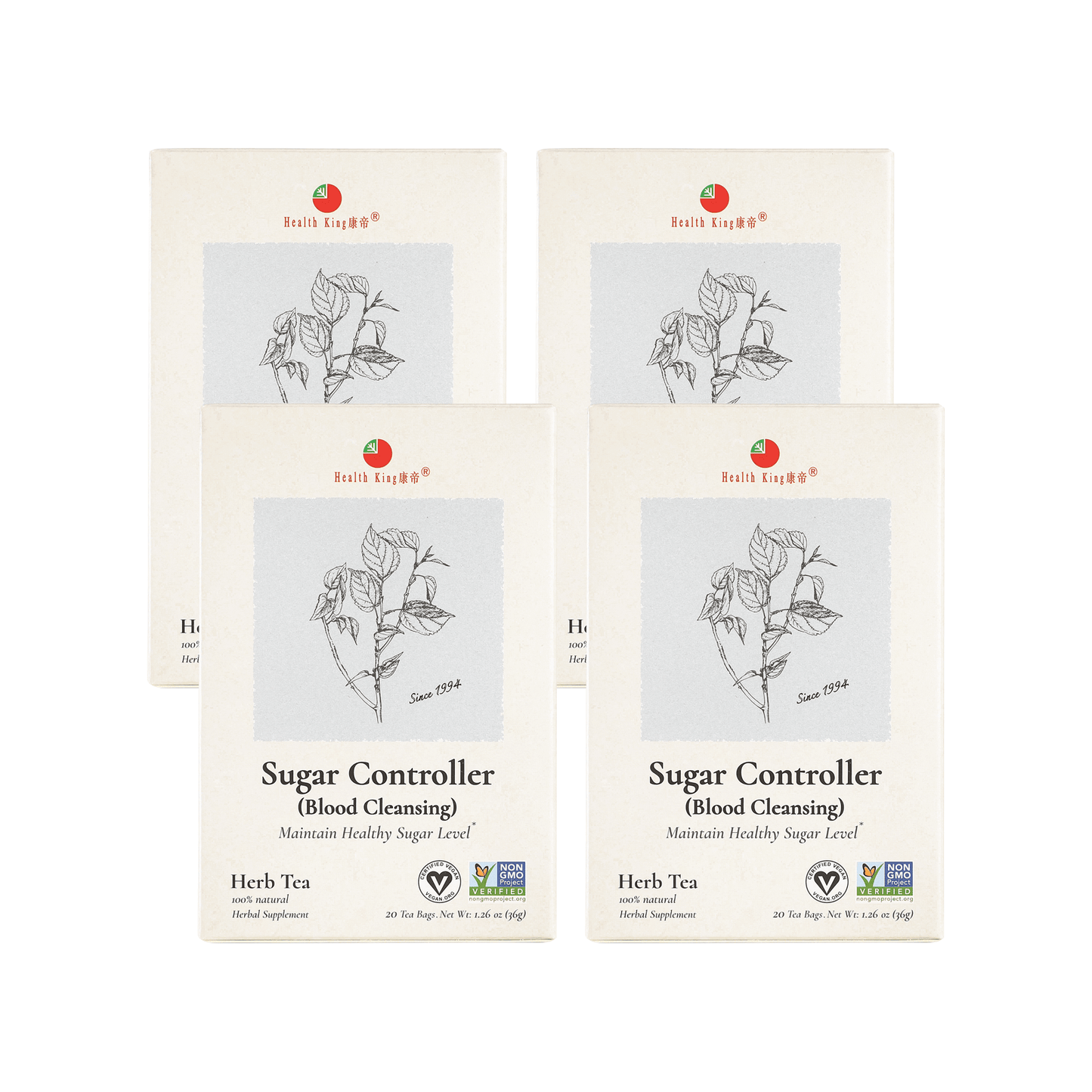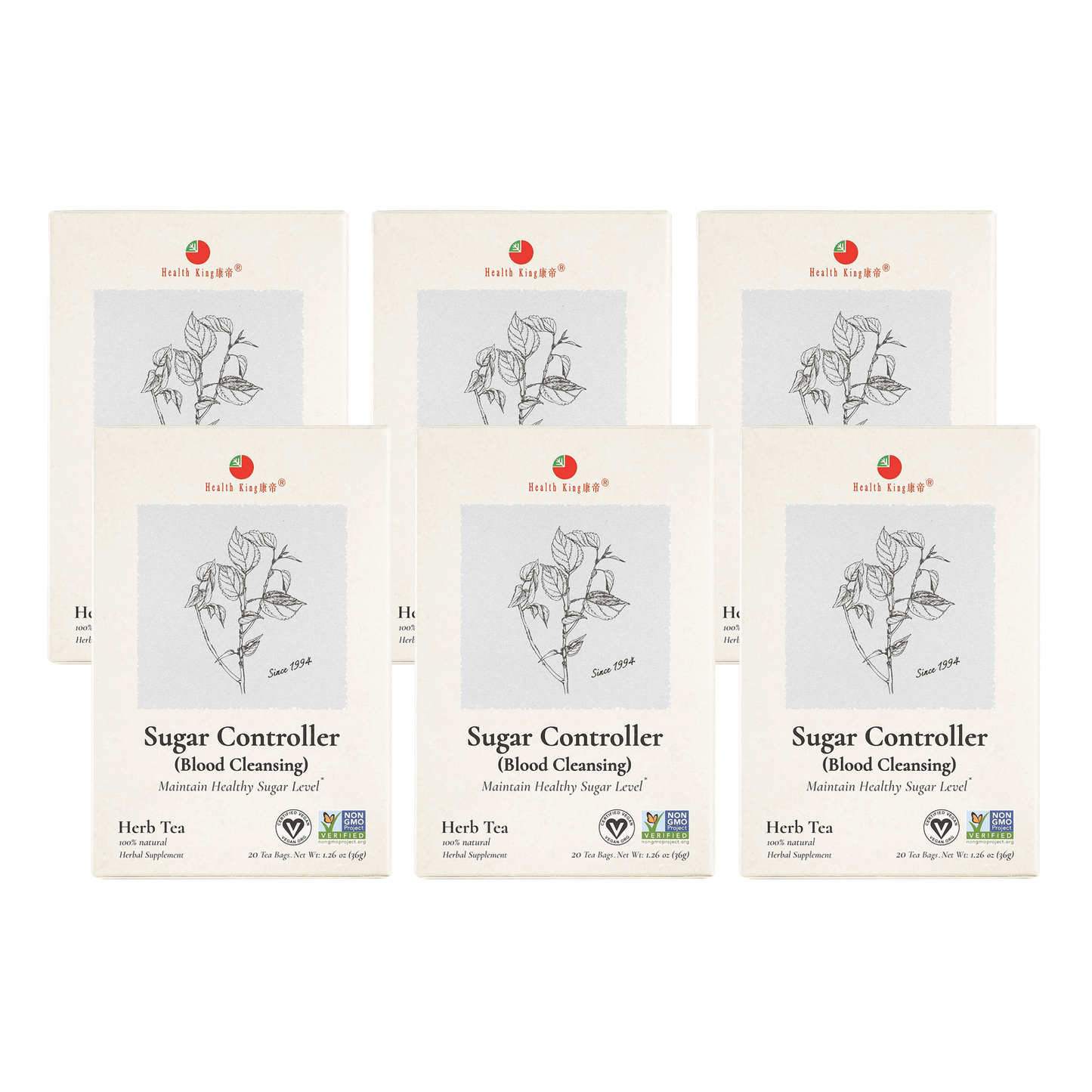
Tips for Mananging Your Glucose Levels
Share
Managing your glucose levels is crucial for overall health and well-being.
Whether you're dealing with diabetes, pre-diabetes, or simply aiming for a healthier lifestyle, understanding glucose control is key.
In this article, we delve into the importance of diet and physical activity in blood sugar management. We'll explore the role of natural supplements, like Mulberry Leaf, in glycemic control.
We'll also discuss lifestyle factors that can impact your glucose levels, including stress and sleep patterns.
Finally, we'll provide tips for monitoring your blood sugar levels effectively.
Our goal is to equip you with practical, actionable strategies to maintain a healthy sugar balance. Let's get started.
Understanding Glucose Level Management
Glucose level management is a vital aspect of maintaining good health.
It's particularly crucial for individuals with diabetes or pre-diabetes. However, even if you're not dealing with these conditions, keeping your blood sugar levels in check can help prevent future health issues.
- Understanding the glycemic index
- The role of diet in glucose control
- The importance of regular physical activity
- The impact of lifestyle factors on blood sugar levels
- The role of natural supplements in glycemic control
In the following sections, we'll delve into each of these aspects in detail.
The Role of Diet in Managing Blood Sugar
Your diet plays a significant role in managing your blood sugar levels.
Eating a balanced diet rich in low-glycemic foods can help maintain a healthy sugar balance. These foods cause a slower, more gradual rise in blood sugar levels, aiding in glucose control.
Understanding the difference between simple and complex carbohydrates is also crucial. Simple carbs can cause a rapid spike in blood sugar, while complex carbs are digested more slowly, leading to a steadier blood sugar level.
Incorporating plenty of fiber, healthy fats, and a variety of nutrients in your diet can also contribute to better blood sugar management.
The Importance of Regular Physical Activity
Regular physical activity is another key component of glucose level management.
Exercise helps your body use insulin more effectively, which can lower your blood sugar levels. Both cardiovascular exercises and weight training can be beneficial for glucose control.
However, it's important to note that different types of exercise can impact your blood sugar levels in different ways. It's crucial to monitor your blood sugar before, during, and after exercise to understand how your body responds.
Remember, consistency is key when it comes to physical activity. Aim for at least 30 minutes of moderate-intensity exercise most days of the week.
Natural Supplements for Glucose Control
In addition to diet and exercise, certain natural supplements can aid in glucose control.
These supplements can provide an extra boost to your efforts in managing your blood sugar levels. However, it's important to remember that they should not replace a balanced diet and regular physical activity.
One such supplement that has gained attention for its potential benefits in blood sugar management is the Mulberry Leaf.
The Power of Mulberry Leaf
Mulberry Leaf has been used in traditional medicine for centuries.
Recent scientific studies have shown that it can be effective in lowering blood sugar levels. This is due to the presence of certain compounds that can slow down the breakdown of sugars in the gut.
Here are some ways to incorporate Mulberry Leaf into your diet:
- Drinking it as a tea
- Taking it as a supplement
- Using it in its extract form
However, like any supplement, it's important to consider potential side effects and interactions with other medications. Always consult with a healthcare professional before starting any new supplement regimen.
Lifestyle Factors Affecting Glucose Levels
Your lifestyle plays a significant role in glucose level management.
Factors such as stress, sleep quality, and hydration can all impact your blood sugar levels. It's important to pay attention to these aspects of your life and make necessary adjustments.
For instance, ensuring you get enough sleep and stay well-hydrated can help maintain stable glucose levels.
Stress and Blood Sugar: Finding Balance
Stress can have a direct impact on your blood sugar levels.
When you're stressed, your body releases hormones that can cause your blood sugar to rise. Therefore, managing stress is a crucial part of glucose control.
There are many ways to manage stress, such as practicing mindfulness, doing yoga, or even just taking a walk. Find what works best for you and make it a part of your routine.
Monitoring and Understanding Your Blood Sugar

Monitoring your blood sugar levels is a key part of managing them.
Regular checks can help you understand how different factors affect your glucose levels. These factors can include food, exercise, stress, and medication.
Here are some tips for effective monitoring:
- Check your blood sugar at the same times each day.
- Keep a record of your readings to identify patterns.
- Note down any unusual events or changes in routine.
Tips for Accurate Blood Sugar Tracking
Accurate blood sugar tracking can help you manage your glucose levels effectively.
One tip is to always wash your hands before testing. This prevents any residue on your fingers from affecting the results.
Another tip is to use a reliable glucose meter. Make sure it's calibrated correctly and check its accuracy regularly.
Conclusion: Integrating Tips into Daily Life
Managing your glucose levels is a lifelong commitment. But with the right strategies, it can become a seamless part of your daily routine.
Remember, everyone's body is different. So, it's important to find what works best for you and stick to it.






